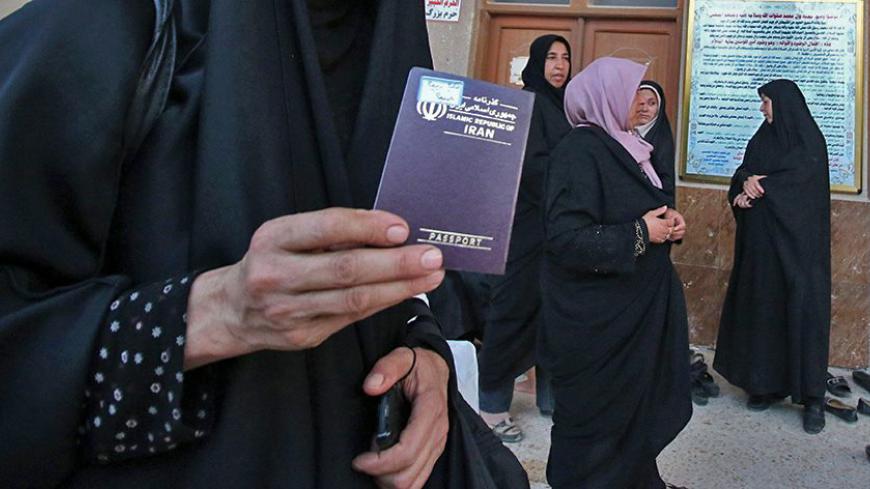In an interview with the Iran-based news outlet Parsineh in April last year, an Iranian Baluchi woman relayed some of the perils of Iran’s current civil code. Born in poverty, she said that she was married off to an Afghan man at the age of 12. After fathering seven children, her spouse returned to Afghanistan, leaving her behind with their children — all of whom lack birth certificates. Fearing deportation, she is now staying in a remote mountain home with no running water or electricity.
Based on Iran’s civil code, the marriage of an Iranian woman to a foreign national is dependent upon special permission from the Foreign Ministry. In practice, this means that Iranian women need to get permission to marry non-Iranian Muslims. Iran's civil code forbids Muslim women from marrying non-Muslim men. An estimated 70,000 marriages between Iranian women and Afghan men are not registered with the National Organization for Civil Registration. Meanwhile, Iran’s Interior Ministry has declared all marriages between Iranian women and Afghan men that took place after 2001 invalid.



